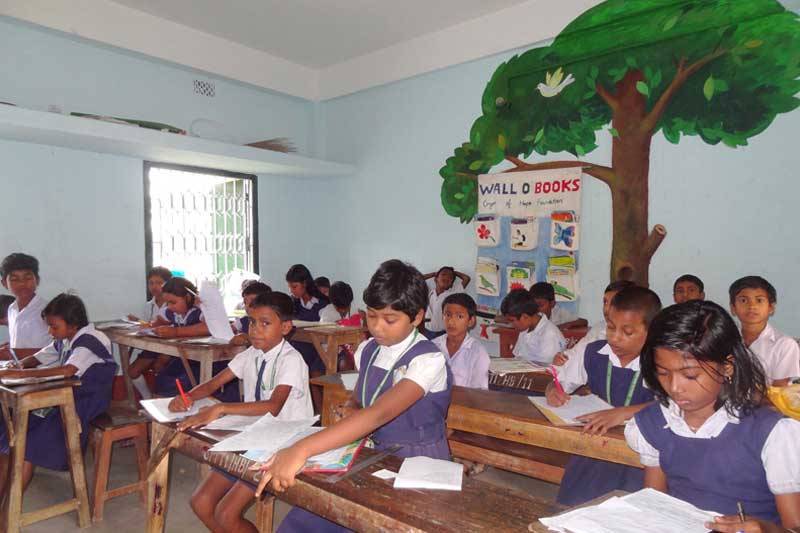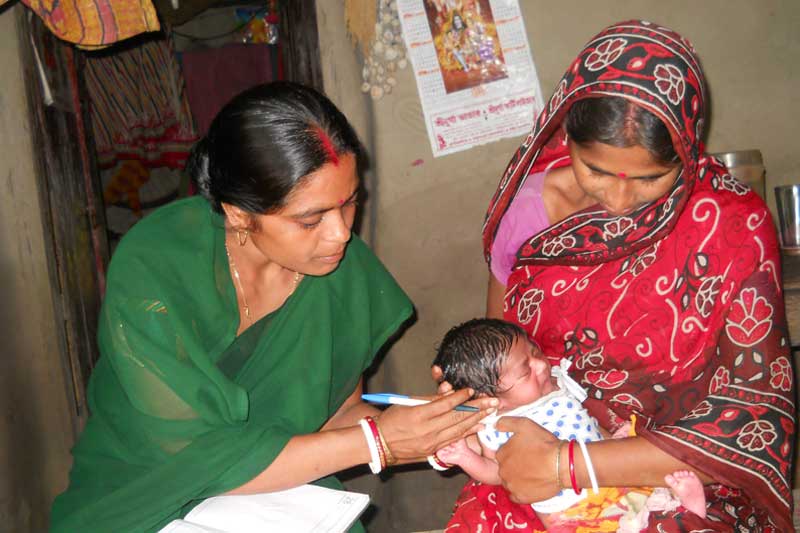- Home
- Who We Are
- What We Do
- How Can You Help
- Knowledge Hub
- Annual Report
- Audit Report
- FCRA Financial Information
- Legal Document
- Policy & Document
- Sabuj B.Ed. College
- Sabuj Primary Teachers Training Institute
- Strategy Plan
- Award/Appreciation
- Publications
- Accreditation/ Validation
- Newsletter





